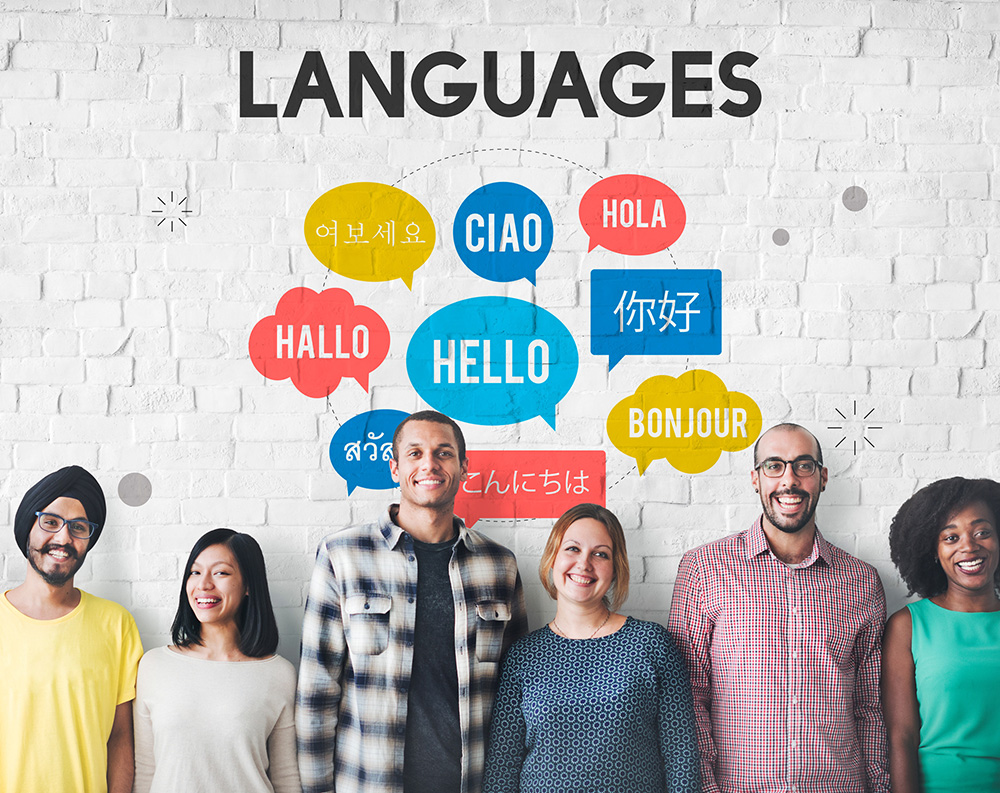English is the most widely spoken language in the modern world. It maintains prominence in international business, science, technology, and entertainment.
Consequently, those who aren’t fluent struggle to get work done, let alone advance their careers. A recent survey of over 900 scientists found that non-native English speakers are 2.5 times more likely to have their papers refused publication. For those accepted, they’re 12.5 times more likely to need to make revisions to their works before being published.
There’s also reason to believe that English speakers struggle as much when working or living in non-English-speaking countries. While they get by in some places, in many other places, it may not be the case. Locals are not obliged to learn other languages other than their own. Today, it behooves foreign professionals to learn more than just English and their native tongues.
Overcoming Alienation
Multilingualism, the ability to speak two or more languages, is a major agenda in the education sector, with US Education Secretary Miguel Cardona being a strong advocate. Fluent in both English and Spanish, he announced in a conference of multilingual educators last March major proposals to support his plan, including:
- Securing enough federal funding to enact the necessary language learning programs
- Proposing reintegration of Title III back to the Office of English Language Acquisition
- Hiring more bilingual and multilingual teachers for the country’s many schools
- Issuing awards and incentives to students who decide to pursue multilingual studies
Cardona argued that remaining monolingual in a cultural melting pot like the US doesn’t make sense, pointing out that the country owes its existence to immigrants. He urged the public to ‘put to bed’ notions of learning multiple languages as a bonus or deficit.
It’s also worth noting that diaspora populations have exploded in the past decades, leading to an exponential increase in non-English conversations at home. Census data shows that the number of people speaking languages other than English (LOTE) in the US has almost tripled from 23 million in 1980 to nearly 68 million in 2019. The five most widely spoken LOTE are:
- Spanish/Spanish Creole: 61.6%
- Chinese (all variations): 5.2%
- Tagalog: 2.6%
- Vietnamese: 2.3%
- Arabic: 1.9%

Learning a new language works both ways. For example, a native English speaker pursuing Vietnam language learning helps make any Vietnamese in the US feel less alienated in the same way a native Vietnamese speaker takes up English for the benefit of non-native English speakers in Vietnam. Celebrating each other’s cultures is a way for people to come to an understanding.
Multilingualism is also being pursued as a policy in other countries, namely those with more than one official language. Canada, at least in some provinces, requires students to learn English and French, its two official languages. Proficiency in French helps when traveling or working in French-speaking Quebec.
Spurring Brain Activity
Viorica Marian—a professor of psycholinguistics at Northwestern University and fluent in English, Romanian, and Russian—said a brain trained in multiple languages operates differently from one speaking a single tongue. In one of her latest publications, ‘The Power of Language: Multilingualism, Self and Society,’ she explains that multilingualism:
- Makes people more open, agreeable, and friendly
- Spurs mental activity through word associations
- Helps promote creativity and divergent thinking
- Contributes to a delayed onset of Alzheimer’s disease
In fact, based on decades of research into psycholinguistics, Marian stated that many common notions regarding how the brain works are wrong. Research has shown that, instead of the brain storing various learned languages in various areas, it processes all of them simultaneously and keeps them active. This lets a multilingual person switch between languages with relative ease.
Education and continual practice outside the classroom will help make speaking a language second nature. Among the lines of work that benefit from agile code-switching are those in the music and entertainment industry. Some well-known multilingual personalities include Andrea Bocelli, Gloria Estefan, BoA, and Risa Kumon.
Preserving Dying Languages
A language remains alive as long as people continue to use it. The good news is that about 7,000 languages will still be around in the long term. The bad news is, according to a study by the Australian National University, a fifth of them may cease to exist by the end of this century.
Lindell Bromham, the study’s co-lead author, stresses that the world should invest in preserving endangered languages while there are still people speaking them. Some steps are currently being taken, such as the Rosetta Project, but she argues in favor of supporting indigenous communities by any means possible to keep them alive.
Contrary to misconceptions, learning a dying language has its benefits. Work that takes people to remote areas for community work, among other things, stands to gain from being able to hold a simple conversation in that language, such as medical outreach and disaster relief. In these jobs, communication is important to preserve lives and communities as much as their cultures.
Conclusion
From an increasingly diverse population to the need to save endangered cultures, there may be no better time to learn LOTE than now. While challenging at first, it’ll be worth sinking money and time into in the long run, both for you and the people around you.





